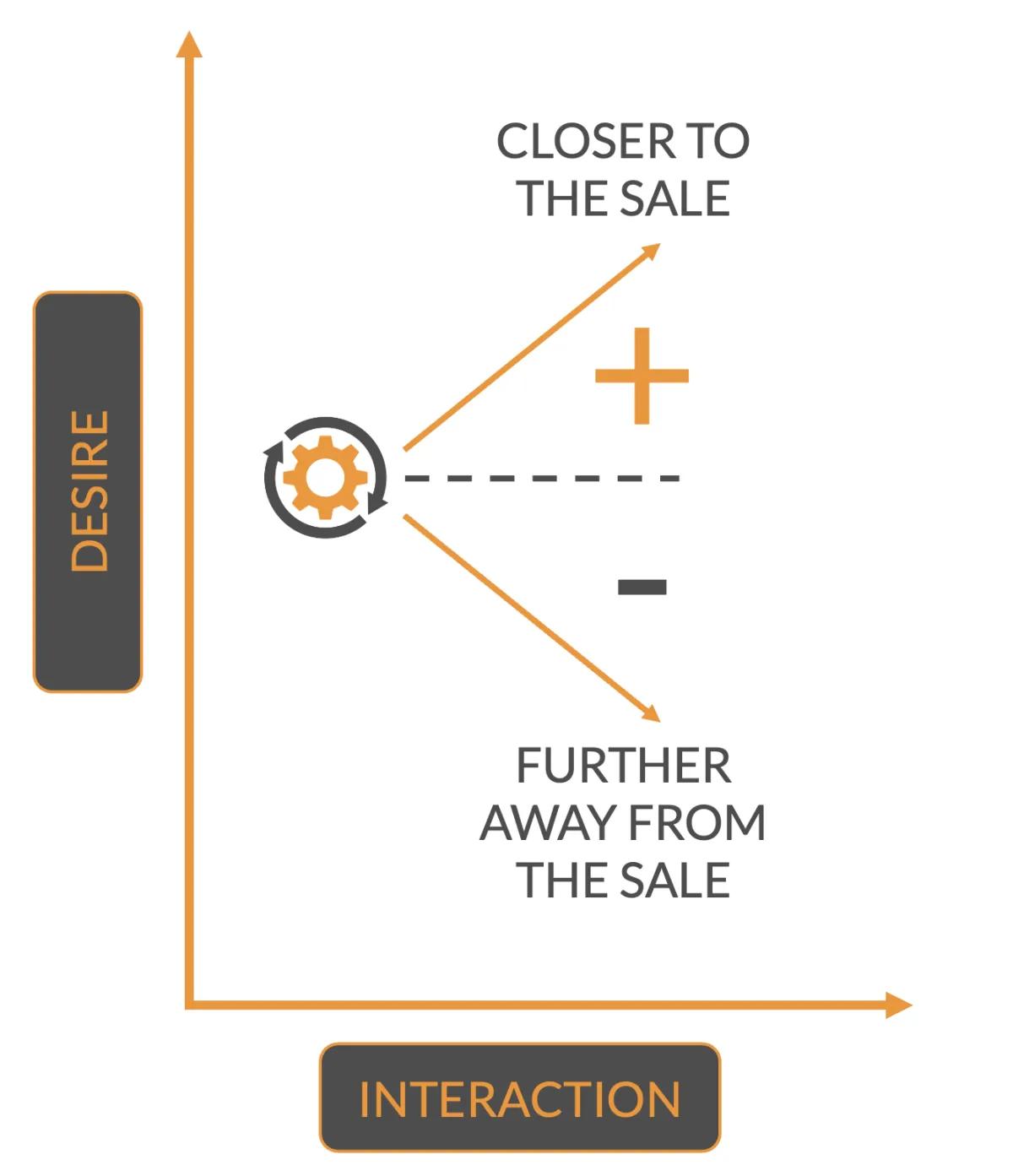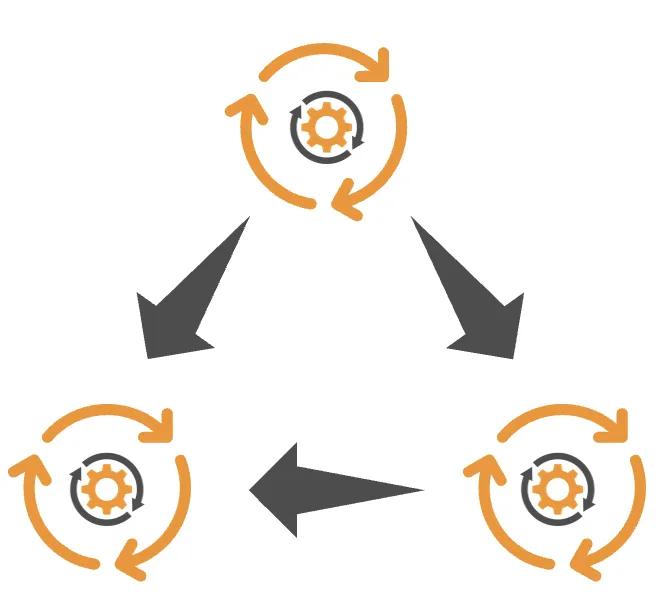In recent years, psychedelics have gained attention for their potential to support healing, self-understanding and emotional transformation. Conversations about “set and setting,” preparation, and integration now play a major role in psychedelic awareness. Yet despite the growing knowledge surrounding these substances, confusion remains around two commonly used terms:
🔹 “Bad trip”
🔹 “Challenging psychedelic experience”
People often treat them as interchangeable. But they’re not.
The language we use shapes how people feel about themselves — and how they make sense of their psychedelic journeys.
Understanding the difference matters not only for education and harm reduction, but also for emotional healing. This article clarifies what distinguishes a bad trip from a challenging psychedelic experience, why the terms evoke such different responses, and how reframing distress can support recovery and growth.
Insights shared here also draw from the lived stories and community research collected through the Challenging Psychedelic Experiences Project (CPEP).
🧭 Why Language Matters in Psychedelic Experiences
Words don’t just describe reality — they shape how we make meaning.
Calling an experience a “bad trip” implies something:
Went wrong
Was pointless
Was a mistake
Should be forgotten or erased
But calling it a “challenging psychedelic experience” implies:
It was emotionally or psychologically demanding
It may contain meaning
It deserves understanding and care
Those who experience difficulty are not abnormal or broken
The experience itself may be the same — but the framing determines whether a person feels shame and isolation or curiosity and support.
🔷 What People Typically Mean by “Bad Trip”
The phrase “bad trip” has existed for decades, especially in recreational contexts. It often describes experiences involving:
Panic or paranoia
Fear of dying or losing control
Distressing hallucinations
Anxiety loops
Emotional overwhelm
Disorientation or confusion
Painful memories resurfacing
Fear of going insane
The term is usually spoken in a way that suggests:
The person messed up
The drug caused damage
They should move on and forget it
It has no value
When someone hears “bad trip,” it’s easy to conclude:
“I had a bad experience — therefore something is wrong with me.”
That framing can make recovery harder.
🔷 What “Challenging Psychedelic Experience” Really Means
A challenging psychedelic experience acknowledges difficulty — but without judgment or shame.
It refers to psychedelic journeys that involve:
Intense emotions or fear
The confrontation of trauma or suppressed material
Ego dissolution that feels destabilizing
Questioning identity or reality
Difficult insights that emerge too quickly
Sensations of psychological vulnerability
Unlike the label “bad trip,” this framing does not assume the experience was meaningless or harmful.
Instead, it recognizes that:
Some of the most difficult psychedelic experiences later contribute to insight and personal growth
What feels threatening in the moment may become transformative with integration
Emotional difficulty does not indicate failure — it reflects depth
Not every distressing experience becomes meaningful later — but many do.
📌 Key Difference at a Glance
TermEmotional MeaningAssumed OutcomeMessage to the PersonBad TripShame, regret, avoidanceDamage or failure“You shouldn’t have gone there.”Challenging Psychedelic ExperienceDifficulty with dignityPotential for growth with support“What you went through matters — and you don’t have to face it alone.”
The terms do not describe different psychological states — they describe different ways of relating to difficulty.
💥 Why Some “Bad Trips” Later Become Turning Points
Based on community reports through the Challenging Psychedelic Experiences Project (CPEP), many people later describe that:
The experience helped them face suppressed emotions
It revealed unhealthy patterns or relationships
It sparked a life change toward healing
It brought forgiveness or self-honesty
It deepened spiritual connection
It increased emotional resilience
What initially felt frightening or chaotic can later feel meaningful, once the person is safe and supported enough to process it.
One of the most common reflections shared by individuals months or years later:
“I would never want to go through it again — but I’m grateful for what it taught me.”
👤 Why Some People Prefer “Bad Trip” and Others Prefer “Challenging Experience”
Language around psychedelics is personal. People may prefer:
⭐ “Bad Trip” if they feel…
They don’t want to think about the experience again
They feel harmed rather than helped
They don’t believe meaning can be made from it
The experience interfered with their mental health long-term
⭐ “Challenging Psychedelic Experience” if they feel…
They want to understand the experience better
They believe difficulty can lead to growth
They don’t want shame attached to their healing
They are seeking support and integration
Both framings are valid.
No one should be pressured into seeing meaning where they don’t — or into dismissing meaning where they do.
🌱 The Danger of Calling Everything Meaningful
It is important to avoid romanticizing psychedelic difficulty.
Not every frightening or overwhelming experience becomes:
spiritual,
transformative, or
positive.
Sometimes distress is just distress. Sometimes the impact is destabilizing. Sometimes trauma is activated too quickly without enough support afterward.
Growth is possible, but not required for healing.
People do not need to “find the gift” immediately — or ever — in order to feel whole again.
🌦 The Danger of Calling Everything a “Bad Trip”
Labeling psychedelics purely through the lens of “good trip” vs. “bad trip” creates stigma that prevents people from seeking help.
Someone might think:
“No one will understand.”
“Everyone else had a breakthrough — why didn’t I?”
“I don’t want people to think I’m weak.”
“Maybe this permanently damaged me.”
Shame silences people — and silence prolongs suffering.
Reframing the experience as challenging rather than bad reduces fear and isolation, and opens doors to support.
🔑 What Helps — No Matter Which Term Someone Uses
If someone you care about is struggling after a psychedelic experience:
Don’t force meaning
Don’t minimize the distress
Don’t tell them to “just forget it”
Don’t try to interpret the symbolism for them
Instead:
Listen without judgment
Validate the emotions
Encourage grounding and comfort
Let them decide whether the experience feels meaningful
Remind them they don’t have to process it alone
Support — not perfection — helps someone heal.
Healing becomes possible before meaning does.
🕊 Final Thoughts from CPEP
The difference between a bad trip and a challenging psychedelic experience is not psychological — it is relational.
Calling it a bad trip may help people push away a memory that feels painful.
Calling it a challenging psychedelic experience may help them understand and integrate what surfaced.
Both framings are valid — and both deserve compassion.
If you’re struggling — whether you call it a bad trip or a challenging experience — you are not alone. Tens of thousands of people have walked this path and found safety, clarity, and renewed self-connection over time.
The Challenging Psychedelic Experiences Project (CPEP) exists so no one has to face these experiences in isolation. Connection helps create meaning — and meaning helps create healing.





Write a comment ...